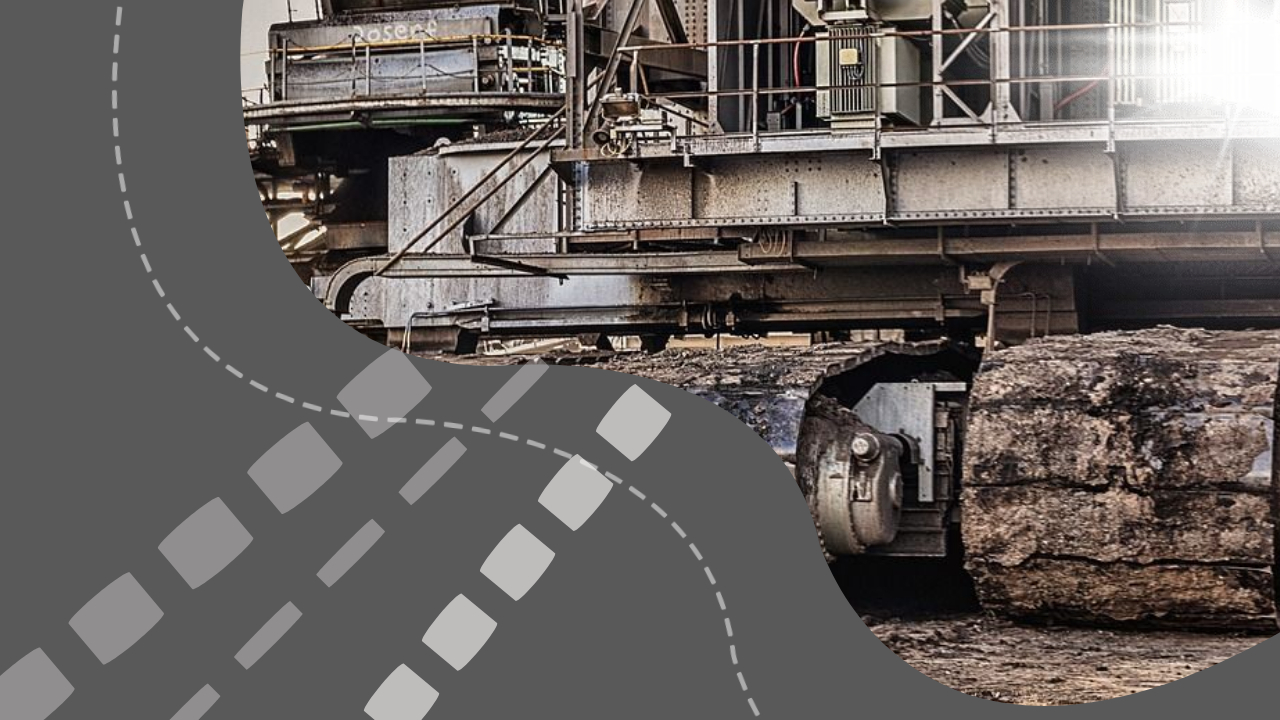It will have to develop state subsoil research programs for the future.
According to Majilisman Arman Kalykov, the state is obliged to work hard to ensure that the development of our deposits brings significant benefits to the people of Kazakhstan, develops the infrastructure of settlements, social facilities, and creates jobs, Inbusiness.kz reports.
“That is, the tasks of government agencies should include not only granting the right to subsoil use, but also ensuring proper state control over deposits and their rational use in the interests of the people. The current Code “On Subsoil and Subsoil Use” confirms that poorly explored and poorly studied territories without geological data on the prospects of the site are not interesting for investors and licenses for the right to subsoil use are issued mainly for deposits and ore occurrences identified before the period of independence of Kazakhstan,” he said.
If previously the state regulated the issuance of subsoil use rights by holding auctions taking into account strategic development plans, then the opening of a program for managing the state subsoil fund last year facilitates the transfer for subsoil use of all previously identified deposits and ore occurrences on the “first come, first take” principle, the deputy continued.
“The depletion of objects of interest to investors (deposits and ore occurrences) is expected within 3-5 years. The creation of new objects of interest is complicated by the fact that fields that are profitable for development have already been discovered to a large extent, and the search for new fields is a difficult task. At the same time, it is necessary to take into account that about 10-15 years may pass from the discovery of a deposit to the start of commercial operation. This occurs against the backdrop of the exclusion of the principles of cost-effective development of all types of subsoil resources based on the use of advanced technologies and modern environmental practice of field development,” he believes.
The government agencies interested in solid minerals have completely withdrawn from regulating the industry, leaving the subsoil to the market, Kalykov emphasized.
“In the current climate, it is beneficial for the subsoil user to prepare their own reports without ensuring completeness and comprehensive study of the subsoil, providing for the selective development of rich areas in the fields. If previously the process of developing a deposit was regulated by the state, by involving in the development of areas with both high and low contents, now the concept of integrated and rational use of subsoil has been lost. At the moment, reserves are being mined in a barbaric, predatory way. This effect is also facilitated by the exclusion of control functions. State control in the current conditions is carried out only according to reporting data provided by the subsoil user himself,” he explained.
Attention should be paid to the fact that uncontrolled mining is actively developing in the country, which could lead to negative consequences in the future, the Majilisman warned.
“One of the factors behind the existing problems in geology is frequent structural changes (13 reorganizations) and the transfer of the Geology Committee from one ministry to another. As a result of these transformations, the system of state management of the subsoil of Kazakhstan is fragmented between a number of government bodies. In this regard, for the systematic development of the geological industry, it seems advisable to create a separate government body – the Ministry of Geology and Subsoil Protection. This ministry will have to develop state subsoil research programs for the future and current 3-5 year periods, ensuring the replenishment of the mineral resource base, which in turn will lead to the maximum economic effect from public-private partnerships in the development of raw materials,” he concluded.

